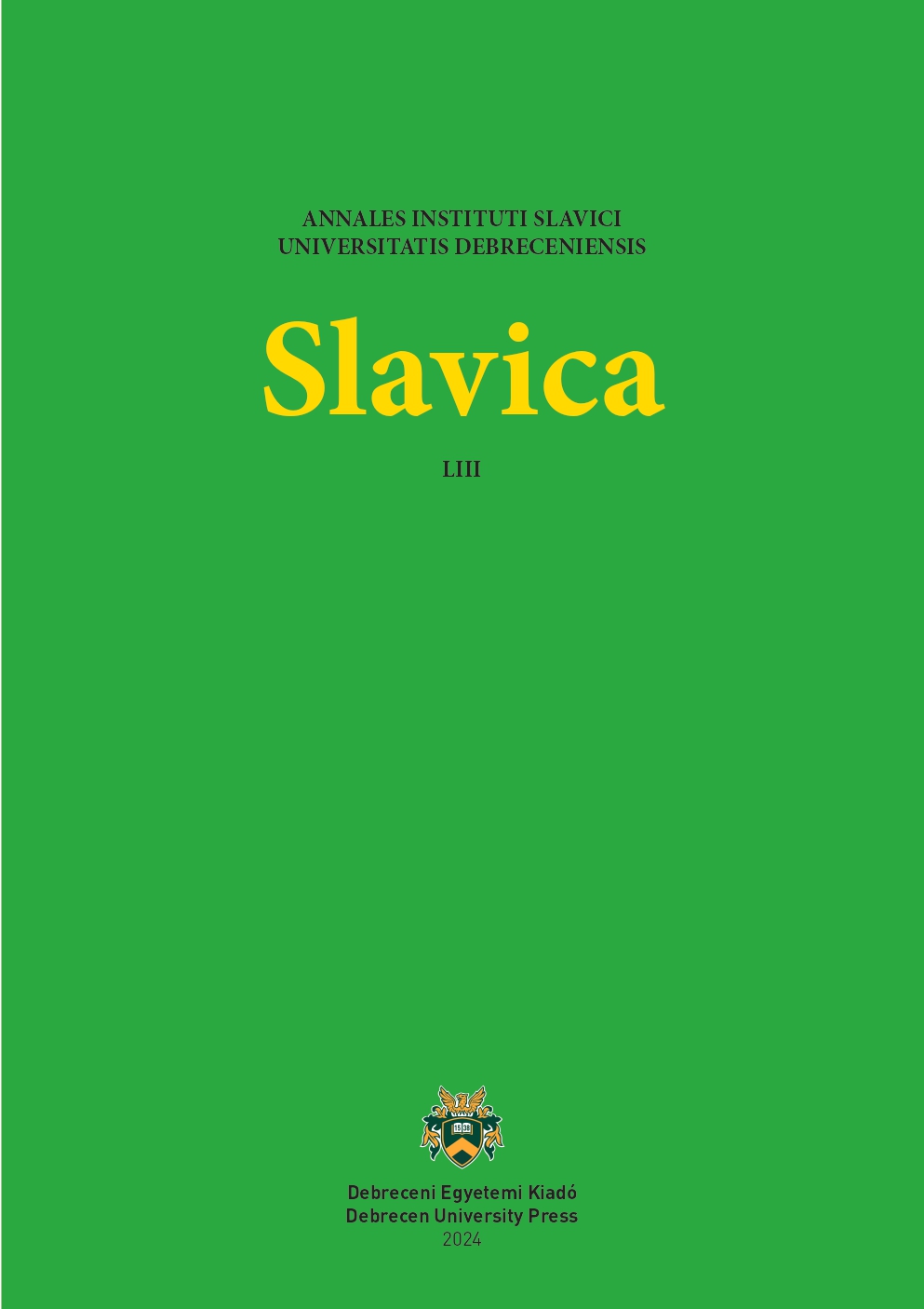Biblical parallels in Chekhov’s short story Murder
Author
View
Keywords
License
Copyright (c) 2024 Slavica

This work is licensed under a Creative Commons Attribution-NonCommercial 4.0 International License.
This is an open access article distributed under the terms of the Creative Commons Attribution License (CC BY-NC 4.0), which permits unrestricted use, distribution, and reproduction in any medium, provided the original author and source are credited.
How To Cite
Abstract
The paper explores biblical allusions in Anton Pavlovich Chekhov’s short story Murder. It aims not merely to identify certain biblical themes, but, through an analysis of Chekhov’s text and its biblical parallels, to attempt to provide a deeper understanding of the main character’s changing worldview (a question interpreted by researchers in different, often conflicting ways). The paper also points to motivic and semantic connections between the biblical text and the internal struggle of faith that affects Chekhov’s heroes. On one hand, two Old Testament stories from the Book of Genesis are examined: the fratricide of Abel by his brother Cain, and Jacob acquiring first-born status and the paternal blessing instead of his brother Esau, as well as Jacob’s struggle with the angel. On the other hand, certain sections of the New Testament Gospel according to Matthew are explored, as referenced in Murder, which point to two groups of ideas: the argument between Jesus and the Pharisees concerning proper religious practice and the true essence of faith, and Jesus’s allegory about the camel, as well as his words on murder, which both ratify and amend the Ten Commandments. Through the prism of these references, Yakov’s (and also Matvey’s) internal journeys are interpreted as a shift between the law of the Old Testament and the teachings of the New Testament.

 https://doi.org/10.31034/053.2024.06
https://doi.org/10.31034/053.2024.06